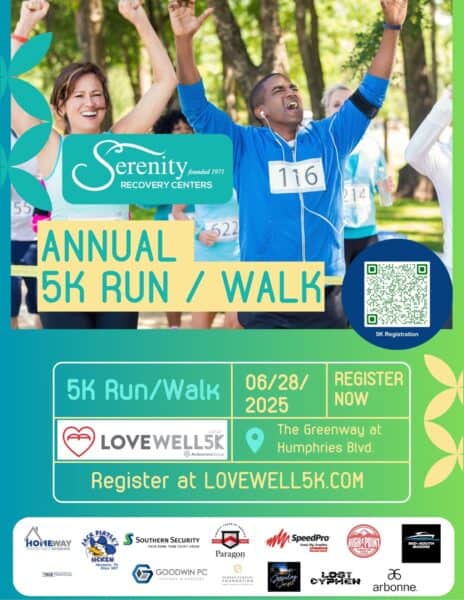Opioids come from natural and synthetic painkillers derived or based on the poppy plant.
Opioids are often prescribed by doctors to relieve acute pain stemming from injuries, surgeries,
toothaches, or other medical procedures. They’re also prescribed to alleviate chronic pain. Some
well-known opioid drugs prescribed for pain include Morphine, Codeine, Tramadol, and
Oxycodone. Although effective in the short term, opioids are notorious for causing addiction for
a large percent of the population that use them. We’re going to take a look at the symptoms and
solutions for opioid addiction.
Opioid Addiction Symptoms
Anyone who uses opioids will experience more dopamine release in the reward center of the
brain. Most people will not become addicted after this, but your risk of dependence increases if
you or someone in your family has a history of substance abuse. Some common signs and
symptoms of opioid intoxication include:
- Behavioral or psychological changes (easy agitation, poor judgement, or apathy)
- Severe drowsiness
- Impaired attention or memory
- Slurred speech
- Constricted pupils
Opioid intoxication does not always ensure addiction or abuse. Side effects of opioid abuse may
include:
- Abdominal cramping
- Depressed respiration
- Skin rashes
- Weight gain
- Depression
- Headaches
- Bad Dreams
- Loss of libido
- Mood swings
Signs of overdose include nervous system changes, decrease in vital signs, cold or clammy skin
or blue lips.
Opioid Dependence
Dependence happens when your body adapts to the presence of a drug, causing withdrawal
symptoms when drug use is reduced or stopped. Prolonged and high doses of opiate drugs
change the brain, so it functions when the drug is present and abnormally when the drug is
removed. This leads to the chasing effect of needing more and more higher doses to get the same
effect. As time passes, the early highs are all but gone, and dependence becomes its own form of
torture for many.
Opioid Addiction Solutions
As terrible as opioid addiction is, the good news is you can get it treated and have a full
recovery. Because severe opioid dependence changes your brain and body there are effective
medications you can use to help as you come off opioids. Buprenorphine and methadone are the
two most widely used medicines to aid in opioid detox.
Checking into a recovery center during while you’re coming off opioids will give you the best
chance for a successful recovery. You get the attention and support of trained professionals who
know exactly what you’re going through. Being around the right people and in the right
environment is perhaps the most important aspect of successful opioid recovery. A good
recovery center will not only help you through detox, but they will help you as you move
forward into the future and give you tools that can help you with future temptations.
Have Questions?
Serenity Recovery Centers was founded in 1971. After 45 years, we’ve become one of the most trusted names in helping people with alcohol and drug addiction.
If you or a loved one need help, please call us today.
901-521-11312
Are you or a loved one struggling with alcohol or other drugs? Call us to speak confidentially with a recovery expert now: (901) 521-1131 or visit our website serenityrecovery.org
